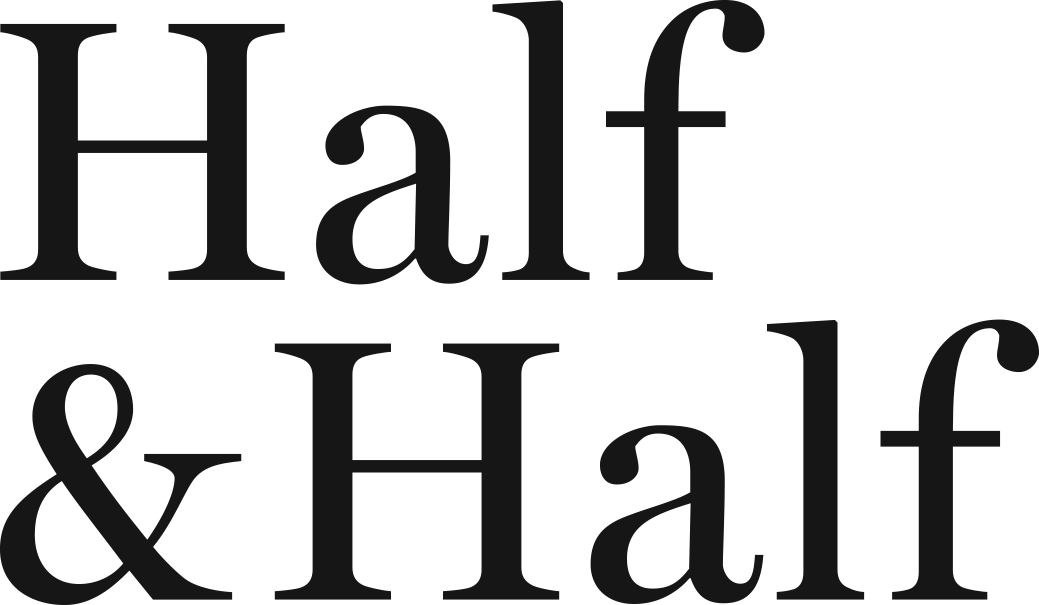Learning from the Past
/Marilyn Calvin | Thunder Ridge Dairy | Mount Vernon, Mo.
For Marilyn Calvin, a dairy farmer in Mount Vernon, Mo., one of the hardest things she’s had to face was coming home alone after her husband suddenly and unexpectedly passed away in 2010.
“I would always call him when I got to the airport,” Marilyn remembers of the many trips to Dairy Farmers of America’s (DFA) — her milk marketing cooperative — board and council meetings. “After he was gone, I would get to the airport and there was nobody to call. And then I got home and nobody’s here.”
“After he was gone, I would get to the airport and there was nobody to call. And then I got home and nobody’s here.”
Walking through the front door and knowing her husband wouldn’t be there to greet her is still painful, but it has never stopped Marilyn from walking right out through the back door and getting to work. A dairy farm requires the kind of work that can’t wait for sorrow to fade, or for your legal affairs to be in order. The cows must be cared for every day, regardless of life’s other challenges.
Challenges are old hat for Marilyn. She and her husband, Kenneth, embarked on their careers as dairy farmers in 1972 with nothing but two cows (Marilyn bought these), a bird dog named Beaver, a shotgun and a car payment (Kenneth contributed the last three). Today, the operation consists of about 500 acres, with 200 dairy cows and 170 replacement heifers — cows that aren’t currently producing milk. Marilyn is in partnership with her son, Kenlee, and they run the farm together with the help of a long-time employee.
As a first-generation dairy farmer and wife who inherited the farm, Marilyn offers a unique perspective on succession planning. The tragedy of her husband’s unforeseen passing resulted in valuable lessons learned and a willingness to share her story.
Equal is not always equitable
As a farm family with three children, two of whom have careers outside the farm, the Calvins knew it was important to find an attorney who understood farm family dynamics and was familiar with their circumstances. Marilyn has a saying that “equal is not always equitable,” and she put a lot of thought and planning into finding an attorney who truly understood her philosophy. Marilyn’s goal is to keep the farm intact for future generations, including her three grandchildren, and to provide for all her children fairly.
“When one of your children has put their life, their assets and their time into the farm, and then you have other children who have jobs outside the farm, it can’t all be equal,” Marilyn says.
Adapting
Although Kenneth and Marilyn had a trust in place well before they needed it, Marilyn discovered all her planning did not prepare her for losing her spouse and business partner. From long nights alone when a cow needs help calving in the middle of a snowstorm, to missing her partner when she wants input on a big decision, Marilyn adapted as best she could while keeping the farm running. Additionally, she learned the importance of establishing her own credit. Kenneth was very mechanical — instead of buying new equipment when something broke down, he could fix it. With Kenneth gone, however, Marilyn has to purchase new equipment more often. Having a little credit in her own name helps make that possible.
Kenlee and Marilyn Calvin
Talking it through
Facing one’s own demise is unpleasant, and dividing a business or assets can be messy. Marilyn found, though, that talking it through and having a plan saved heartache at a time when her family couldn’t take any more.
“Any young person who stays on a farm deserves to know where they stand,” Marilyn says. “You’d be surprised how many dairy farmers I’ve met who are farming with their families, and they don’t know if they’ll inherit the farm.”
A simple, yet meaningful piece of advice Marilyn offers is to prepare while you can. “A loved one suddenly passing away can happen to anybody. They’re here and then gone all of a sudden,” Marilyn says. “He wasn’t only my husband — he was my business partner and my best friend. And now he’s gone.”






